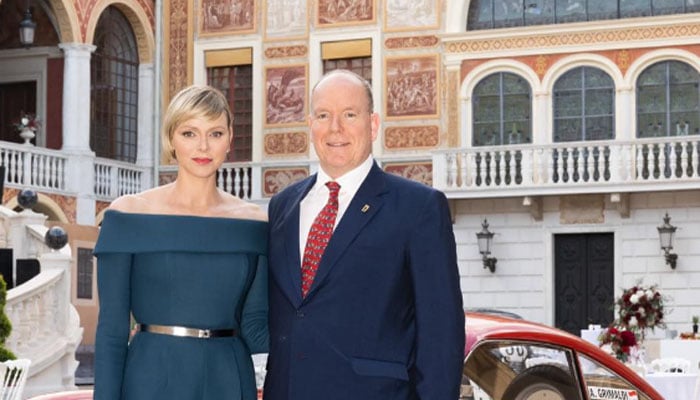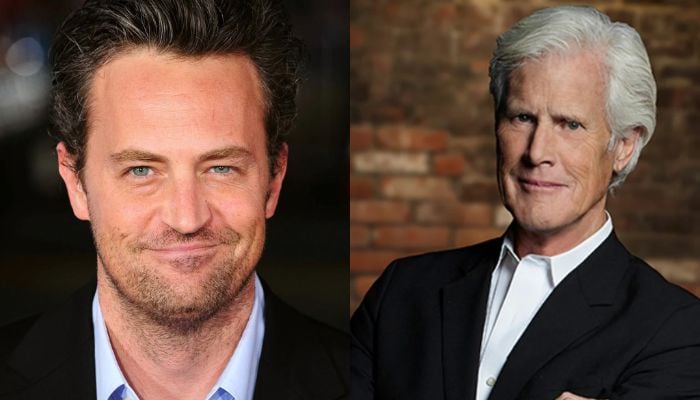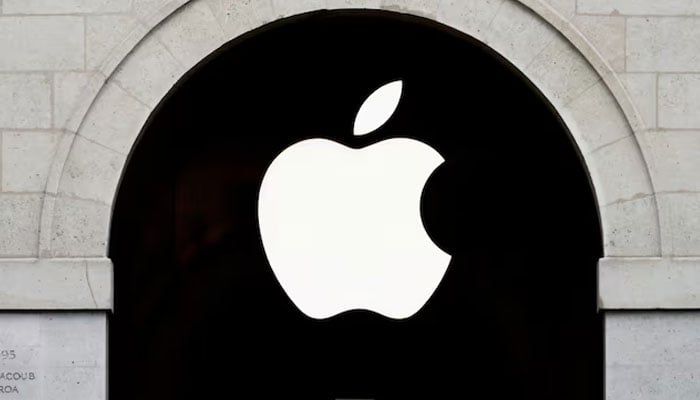

A “calm and free” Julian Assange returned home to Australia after 14 years of detention over espionage charges by the US.
His return home was possible after the WikiLeaks founder pleaded guilty to a felony charge, ending a years-long stalemate with the US government.
A plane carrying Assange landed in Canberra, the Australian capital, late Wednesday evening, local time.
Wikileaks used crowdfunding to pay for Assange's travel home.
Video footage showed Assange waving to supporters who had gathered outside an airport in Canberra.
He was received by his wife Stella and father John Shipton.
Addressing a news conference, an emotional Stella Assange said, "We have achieved it," thanking the government, opposition and supporters of the WikiLeaks founder.
She urged privacy for her family until her husband speaks publicly.
Assange’s US attorney Barry Pollack said he had “sacrificed his own freedom” for freedom of speech and press.
“No one should spend a day in prison giving important information,” Pollack told reporters, calling the US using the Espionage Act against Assange as “unprecedented.”
He added: “It was definitely in the public interest to provide information of wars in Iraq and Afghanistan about war crimes.”
Pollack said there “are absolutely no restrictions on Julian. The case against him is over.”
“There is no gag order,” he stressed.
Court hearing in Saipan
Early today, Assange appeared in a courtroom on the US Pacific Island territory of Saipan in the Mariana Islands, a US commonwealth in the Western Pacific Ocean near his native Australia.
Besides Pollack, Assange was accompanied by his attorney Jennifer Robinson and Australian Ambassador to Washington Kevin Rudd.
Assange pleaded guilty to a felony charge of violating the Espionage Act after he was accused of obtaining and publishing classified military and diplomatic documents in 2010.
The US government charges carried 62 months but Assange already had served more than that time in a UK prison, so the US court counted his time in UK prison as his sentence.
Barring any future offenses, he will not spend any more time in prison.
Entering the courtroom in a black suit, the WikiLeaks founder did not take any questions.
Journalists covering the event said Assange was “calm.”
Outside the courtroom, attorney Pollack said: “We firmly believe Mr. Assange never should have been charged under the Espionage Act.”
“Julian walks out of Saipan federal court a free man. I can’t stop crying,” his wife Stella said on X.
He was released Monday from the Belmarsh maximum security prison following bail by the High Court in London before boarding a flight at Stansted Airport.
The plane carrying Assange landed Tuesday at Don Mueang International Airport in the Thai capital Bangkok to refuel before heading to Saipan.
Assange rose to fame in the 2010s for leaking classified US documents on the internet, gaining him international accolades and detractors when he exposed sensitive American diplomatic correspondence and military records, including a video of a 2007 US airstrike in Baghdad that killed several people, including two Reuters journalists.
He also gained notoriety for exposing confidential data seen as helping then-candidate Donald Trump win the US presidency and for allegations of rape and sexual assault.
Assange doggedly opposed extradition to the US and spent seven years in the Ecuadorian Embassy in London in a bid to stay free.
He was ejected from the diplomatic compound in 2019 and has spent the last five years in a British prison as he fought an extradition order to the US.












